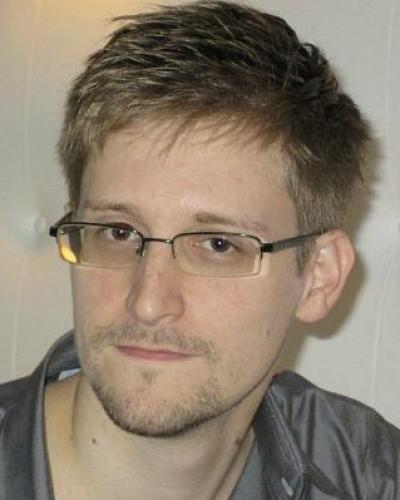Moscow, July 18 (RHC)-- Former U.S. National Security Agency contractor Edward Snowden, who revealed Washington’s spying programs last year, says he is not a Russian spy.
“If the (US) government had the… tiniest shred of evidence, not even that I was working for the Russian government, that I was associated with the Russian government, it would be on the front page of the New York Times by lunchtime,” he said in a video interview with the Guardian published on Thursday.
The American whistleblower, who has been granted asylum in Russia, also noted that he would prefer to return to his country should he receive a fair trial for the espionage charges. “I’m much happier here in Russia than I would be facing an unfair trial in which I can’t even present a public interest defense to a jury of my peers,” Snowden said.
“We’ve asked the government again and again to provide for a fair trial, and they declined. And I feel very fortunate to have received asylum.”
The NSA leaker said he is ready to go to Guantanamo prison. “There’s always questions of asylum and where I’m going to stay, and how these things work out. But regardless of what happens, if I end up in chains in Guantanamo, I can live with that,” he said.
”I think it would be very difficult to find any 12 Americans in the United States right now who would uniformly agree that the last year’s revelations about the NSA’s unconstitutional surveillance programs did not serve the public interest,” he said.
“I’m not going to presume to know what a jury would think or to say what they should or should not think, but I think it’s fair to say that there are reasonable and enduring questions about the extent of these surveillance programs, how they should be applied and that should be the focus of the trial.”
Snowden said that he has been staying away from services like Skype and Google. He said: “I have used Skype and Google Hangouts, which are great, but unfortunately security-compromised services, for public talks where they are required, but wouldn’t use it for personal communications.”


